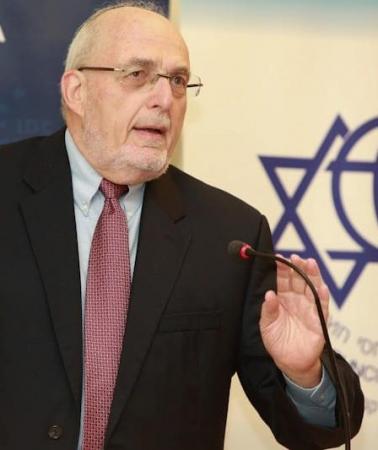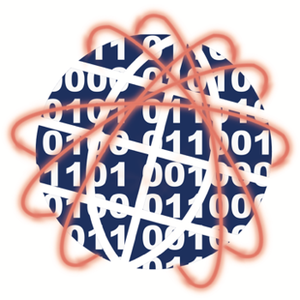Osh State University, Arabaev Kyrgyz State University together with the Russian Human Geographers Association and Institute of Geography of the Russian Academy of Sciences have the pleasure to invite you to take part in the Eurasian Economic and Human Geographers Congress, which will be held on May 31 – June 9, 2025 in Osh and Bishkek (Kyrgyz Republic).
Among the partners (co-organizers) of the Congress: Geographical Society of the Republika Srpska, Kyrgyz Geographical Society, Institute of Geography of the National Academy of Sciences of Azerbaijan, Center for Spatial Analysis in International Relations of the Moscow State Institute of International Relations (MGIMO), Center for Turkish-Russian Cooperation at Canakkale University, etc..
Congress dates: May 31-June 1 (Saturday-Sunday) – the arrival of Congress participants in the city of Osh; June 2 (Monday) – the grand opening of the Congress in Osh; plenary session, sectional sessions; June 3 (Tuesday) – the excursion program for Congress participants in Osh; June 4 (Wednesday) – a transfer (flight) of Congress participants to Bishkek; June 5 (Thursday) – the ceremonial presentation of national delegations of Congress participants in Bishkek, the plenary session, thematic round tables, completion of the Congress; June 6 (Friday) – the excursion program for Congress participants in Bishkek; June 7 (Saturday) – a transfer of Congress participants to Lake Issyk-Kul; June 8 (Sunday) – the excursion program to Issyk-Kul; June 9 (Monday) – return of Congress participants to Bishkek; June 9-10 – flights from Bishkek to Almaty, Delhi, Dubai, Moscow, Novosibirsk, Beijing, St. Petersburg, Istanbul, Tashkent, Urumqi, etc.
Main thematic areas of the Congress:
• Traditions and innovations in the development of national human geography schools.
• Theory and methodology of human geography: new approaches in the context of global and Eurasian shifts in economics and politics.
• Green economy: theory and practice of spatial aspects of formation and development.
• Geopolitical and geoeconomic factors of spatial development.
• Climate change and spatial development.
• Water resources of Eurasia and problems of their effective use.
• Demographic situation and migration: multi-scale analysis.
• Largest cities and urban agglomerations: opportunities and barriers to development.
• Inland, coastal and sea economic-geographical structures and processes.
• Cultural geography: tools and research directions.
• Human geography research at the “grassroots” (municipal) level: tools and priorities.
• Tourist component of spatial development.
• Modern arsenal of geographic analysis: GIS support, geospatial big data, artificial intelligence in human geography research.
• Regulation of spatial development at the state and regional levels: universal approaches and local experience.
• Educational and ideological mission of human geography.
The Congress program will include plenary and sectional sessions, presentations and thematic lectures of leading researchers, as well as problem-oriented round tables. Working languages of the congress: Russian and English.
Main dates:
• submission of applications for participation in the Congress – until December 1, 2024.
• payment of the targeted registration fee (professionally oriented excursions to the cities of Osh and Bishkek, as well as accommodation, meals and excursion program on Lake Issyk-Kul) - until February 1, 2025.
To participate in the Congress, please register on the website https://forms.gle/gU8U7PrFVg6cBsg6A
Email address for contacting the organizers: eurasiangeocongress@gmail.com


